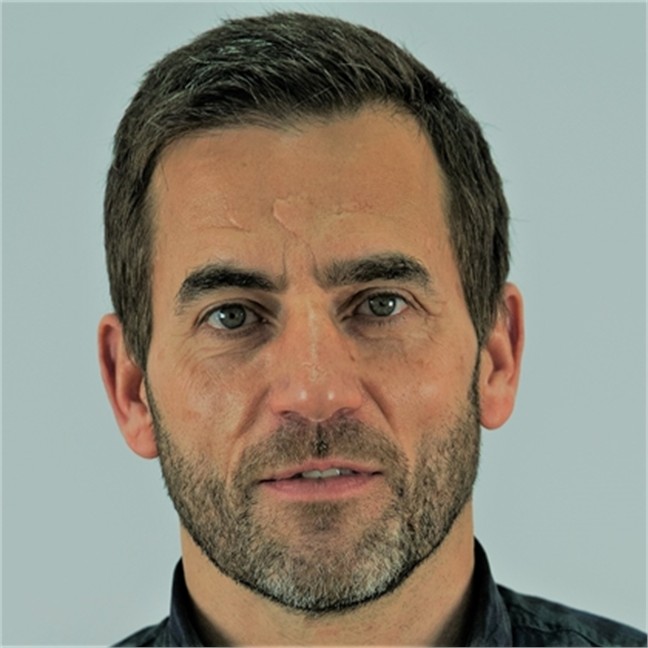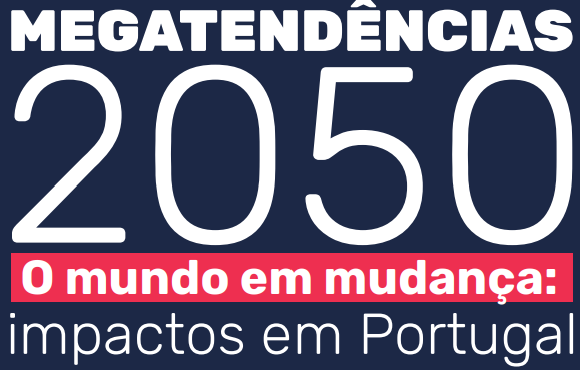Last Edited: 15 days ago
Institutionalising foresight capability (and creating wide foresight communities) in the R&I system05 December - 06 December 2022
Mutual Learning Exercise- Research and Innovation Foresight
FCT, ISEG - Lisbon School of Economics and Management and the European Commission (Directorate-General for Research and Innovation) promoted, on December 5, a workshop with the active participation of representatives from all sectors of the National Research and Innovation System (R&I), and representatives of European states participating in this MLE-Mutual Learning Exercise, in order to discuss and agree on possible guidelines and joint work with a view to an institutionalization of capabilities and the creation of foresight communities in this system.
The following day, December 6th, FCT hosted the meeting of this network that has, besides Portugal, representatives from Austria, Belgium, Czech Republic, Finland, Norway, Romania and Slovenia.
Posted on: 21/01/2025







